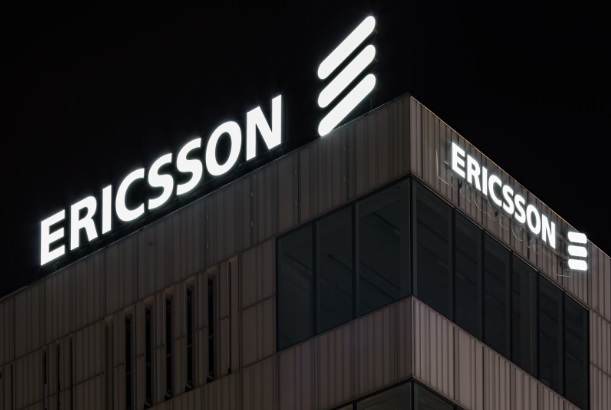Ericsson has introduced a new all-in-one platform providing operators with the core technological elements and services that will allow them to launch 5G networks.
The new 5G platform combines 5G core, radio and transport portfolios in what the vendor says is in an industry first.
It includes Ericsson’s new 5G Core System, which is capable of performing network slicing.
For example, it can perform federated slicing in a roaming context and provides auxiliary services such as automating the setup of connections, as well as 5G policy and user data for network slices to ensure service quality and data integrity.
The 5G Core System also provides a distributed cloud to allow for applications that require low latency and offers separation of control and user data through the 5G-enabled packet core.
In addition, the 5G Core System includes services to migrate the network and operation from legacy systems. This capability is virtualised and based on an automated operational model.
The platform builds on the launch of Ericsson’s 5G NR Radio product last year, to which it has added mid-band and high-band capabilities.
Dimitris Mavrakis, Research Director, ABI Research, said: “Ericsson’s new product launch is a firm demonstration of its technical expertise in 5G and NFV, adding significant value on top of its existing core functionality. It indicates technology maturity for NFV and 5G core and federated network slicing is a radical forward-looking concept, opening up for new business models opportunities.”
The news came in the wake of a successful 5G test by Ericsson with Deutsche Telekom and SK Telecom where the two operators used federated network slicing to allow each operator to offer virtualised network slices in the other operator’s footprint. Components of the 5G core in the home network were run in the visited network.
Ericsson also this week announced successful tests over its 5G trial system.
One took place with SK Telecom on 21 December 2016 using cloud core, virtual RAN and over-the-air new radio and LTE interworking. The other was with Telefónica on 22 December, involving cloud RAN.


